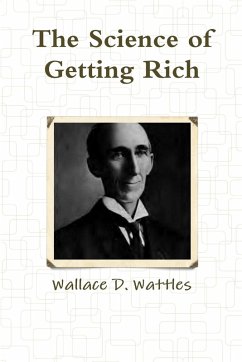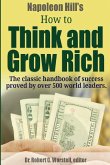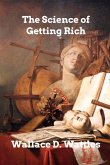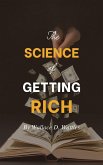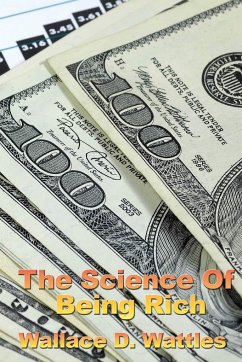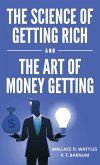The Science of Getting Rich is a book written by the New Thought Movement writer Wallace D. Wattles and published in 1910. It was a major inspiration for Rhonda Byrne's bestselling book and film The Secret (2006). The text is divided into 17 short chapters that explain how to overcome mental barriers, and how creation, not competition, is the hidden key to wealth attraction. Wallace has had a profound influence on Michael Losier and James Arthur Ray. Wallace was the founding father of the ideas behind Laws of Attraction, The Science of Success, and the Power of Positive Thinking. A 'must read' for every entrepreneur and business person.
Bitte wählen Sie Ihr Anliegen aus.
Rechnungen
Retourenschein anfordern
Bestellstatus
Storno

